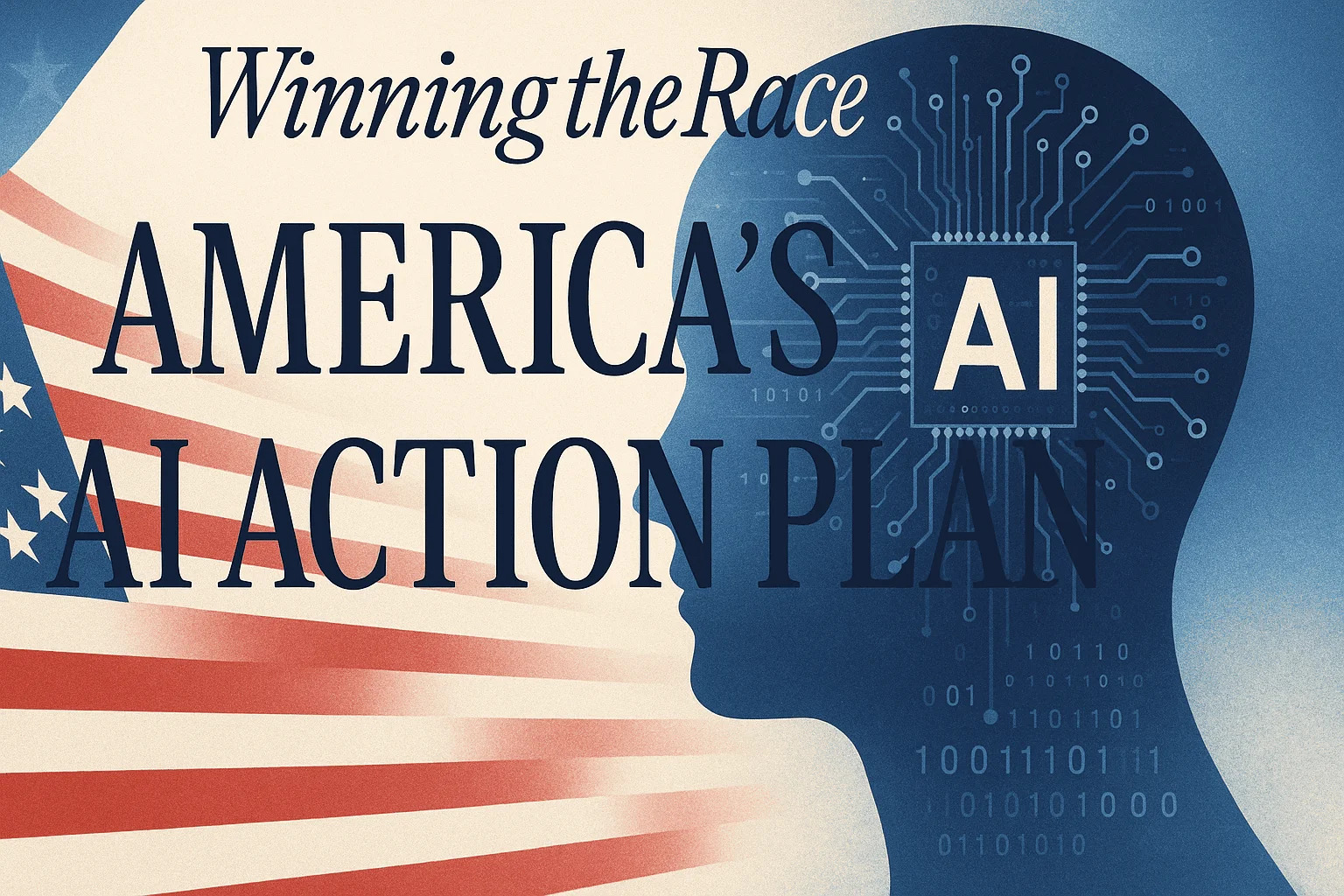
Leonardo Dinic, Expert in Geopolitics and International Business, the Future of Work, and Emerging Technologies
Aug 01, 2025
In July 2025, the U.S. and China released national AI strategies with global aims: the U.S. ties AI exports to political alignment, while China promotes open cooperation with fewer conditions. These contrasting approaches reflect broader political differences and may give China an edge in global AI influence.
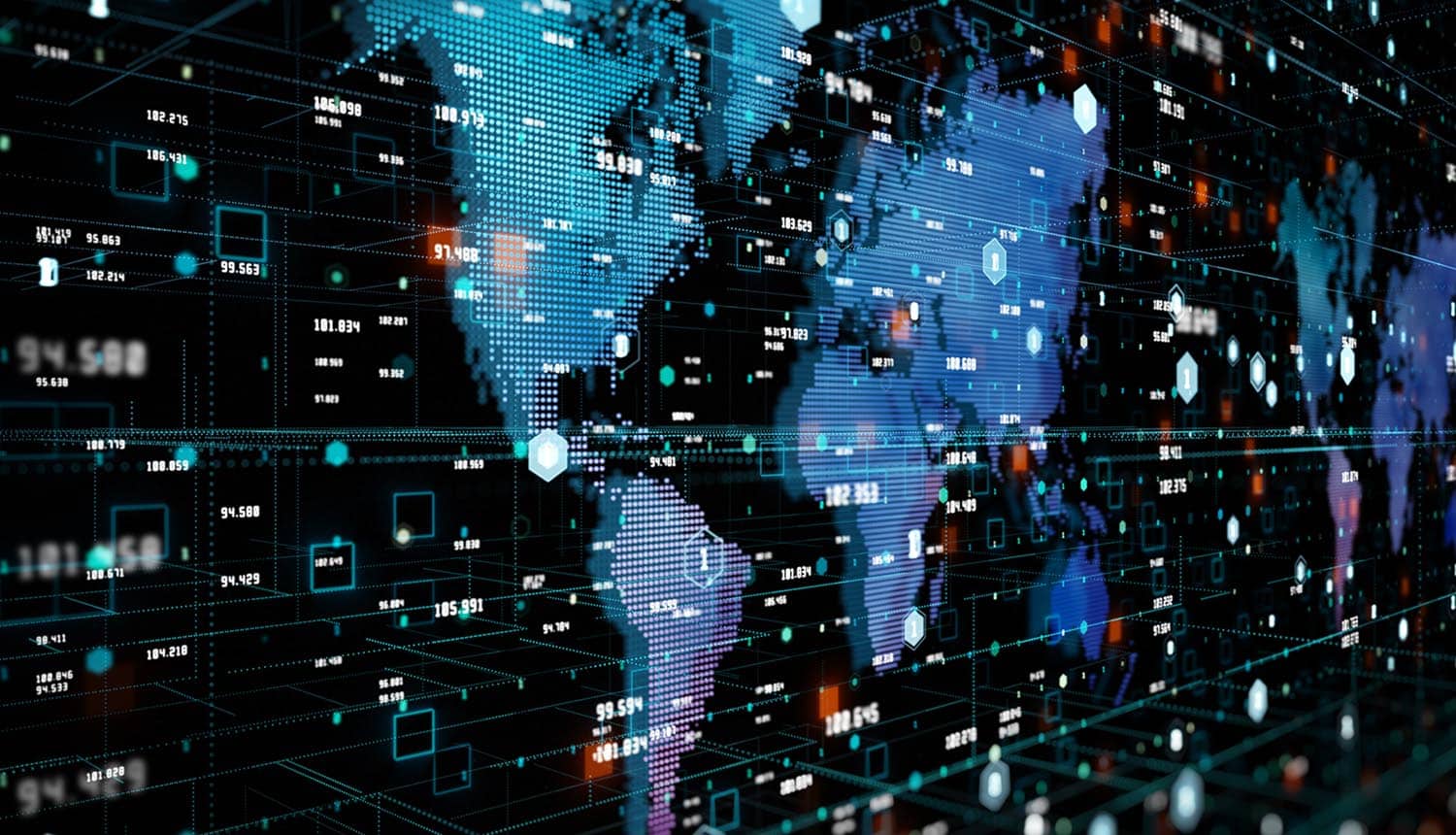
Zhang Monan, Deputy Director of Institute of American and European Studies, CCIEE
Jul 09, 2025
By equating artificial intelligence data flows with national security risks, the United States has effectively designated China as a presumptive problem. This has not only soured the atmosphere for bilateral AI cooperation but also promises to cast a long shadow over global AI collaboration.
Sheng Zhonghua, Researcher and Postdoctoral Fellow, Centre on Contemporary China and the World, The University of Hong Kong
Sep 13, 2024
The Volt Typhoon cyberattacks underscore the escalating tensions between China and the U.S. in cyberspace, with both nations deepening mutual distrust that risks spiraling into broader conflict. To prevent further deterioration, the U.S. and China must engage in dialogue, establish international cybersecurity frameworks, and cooperate on managing cyber threats, ensuring that neither side becomes the winner of a destructive cyber or AI-driven war.
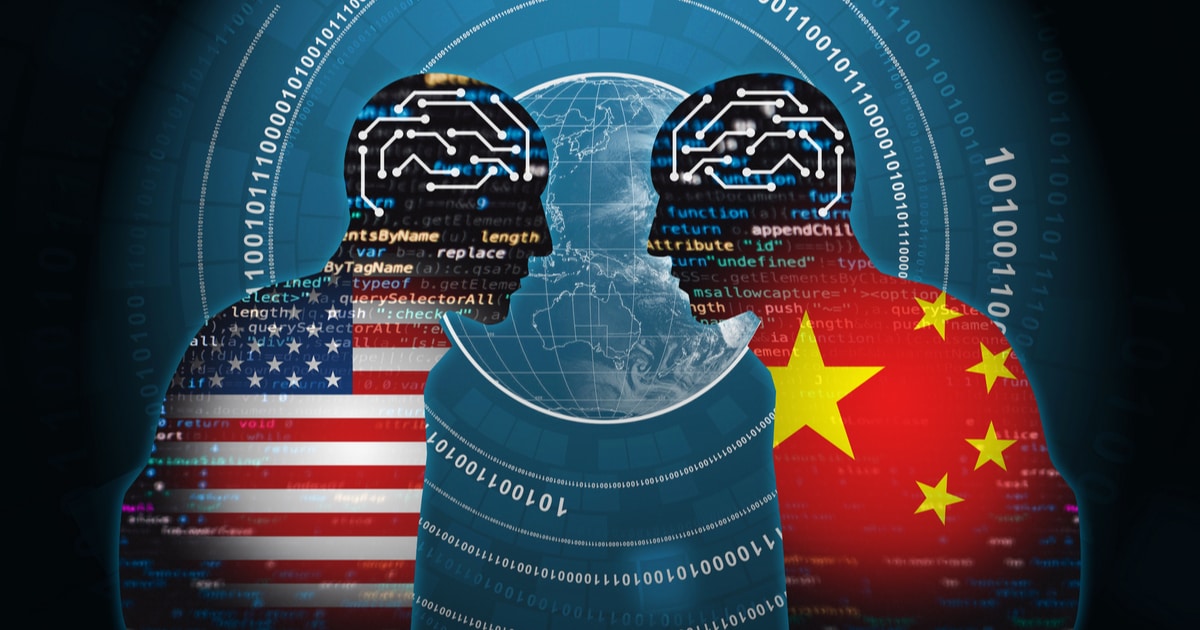
Peter Bittner, Lecturer, University of California, Berkeley
Dec 21, 2023
The new frontier of AI may be the most exciting technology in the world, and the most controversial. The need for regulations across cultures and countries could be an opening for the U.S. and China to cooperate for the greater good.
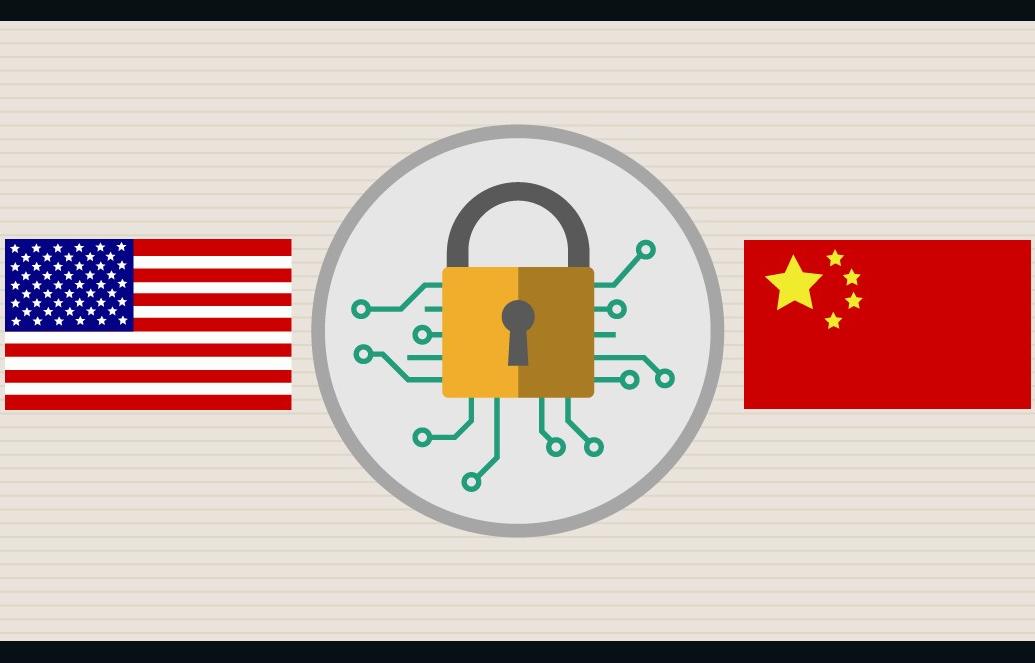
Lu Chuanying, Fellow and Secretary-general of the Research Center for the International Governance of Cyberspace, SIIS
Jul 21, 2021
For China and the United States, virtually all technology eventually touches on cybersecurity. But cooperation, based on trust, can be achieved. Trust is the basis of any cooperative relationship. Without it, concrete initiatives are incredibly difficult to implement.
Lu Chuanying, Fellow and Secretary-general of the Research Center for the International Governance of Cyberspace, SIIS
Jun 12, 2021
The international community must engage in serious discussions on whether cyber intelligence collection is necessary. If it is, what should be the boundaries? Any ambiguity or hesitation on the part of major players will lead others to mimic U.S. behavior.
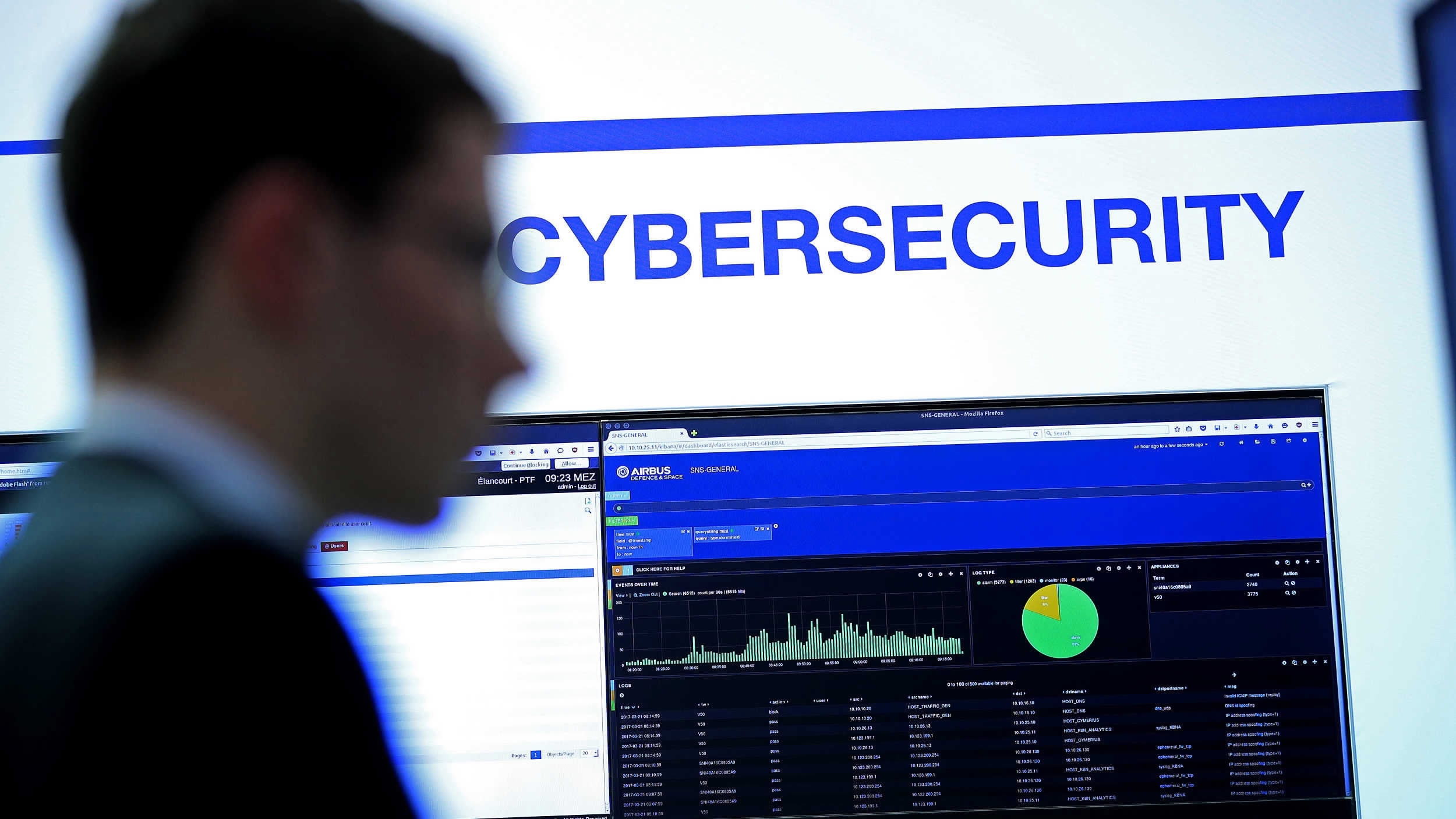
Joseph S. Nye, Professor, Harvard University
Dec 18, 2019
In little more than a generation, the Internet has become a vital substrate for economic, social, and political interactions, and it has unlocked enormous gains. Along with greater interdependence, however, come vulnerability and conflict. Attacks by states and non-state actors have increased, threatening the stability of cyberspace.
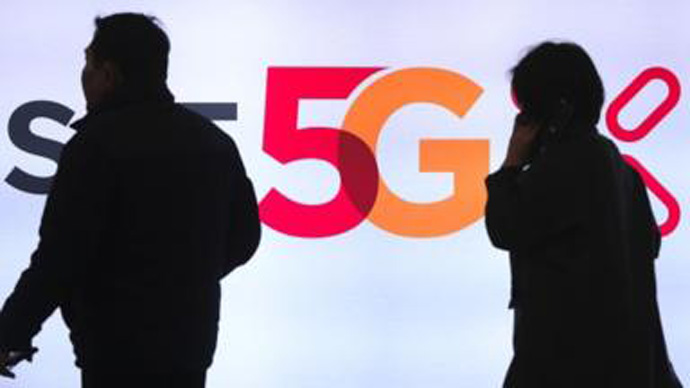
Jia Qingguo, Director and Professor, Institute for Global Cooperation and Understanding, Peking University
Nov 15, 2019
Decouple or not? That is the question in fraught China-U.S. trade tango.
Apr 01, 2019
Data flows and other high-tech issues come to the fore as officials pursue agreement.
Joseph S. Nye, Professor, Harvard University
Mar 06, 2019
Deterrence will not be enough.
Back to Top

- China-US Focus builds trust and understanding between the U.S. and China through open dialogue among thought leaders.
- Our Offerings
- Topics
- Videos
- Podcasts
- Columnists
- Research Reports
- Focus Digest
- Stay Connected
-
Thanks for signing up!
- Get the latest stories from China-US Focus weekly.